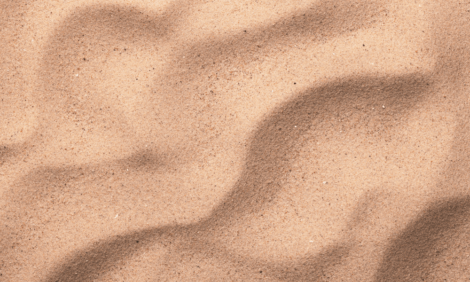



Observations of Benzimidazole Efficacy against Ascaridia and Heterakis in Naturally Infected Poultry
Fenbendazole was 85 to 90 per cent effective for the removal of Ascaridia and Heterakis populations in free-range laying hens, report researchers from the University of Arkansas. In growing turkeys, efficacies against Ascaridis were 0, 71 and 83 per cent for albendazole drench, fenbendazole drench and fenbendazole-medicated feed, respectively.Two studies conducted to provide current efficacy evaluation for benzimidazoles used in poultry at the University of Arkansas have been published in Journal of Applied Poultry Research.
In the first study, T.A. Yazwinski and colleagues report that naturally infected laying hens from an organic, free-range facility were treated with fenbendazole as an oral drench at the rate of 5.0mg per kg bodyweight. Based on treatment group, geometric means for all stages combined, fenbendazole was 85.5 and 89.5 per cent effective for the removal of Ascaridia galli and Heterakis gallinarum populations, respectively.
In the second study, naturally infected turkeys from a commercial grower were treated with albendazole as an oral suspension at the rate of 10mg per kg bodyweight, treated with fenbendazole as an oral suspension at the rate of 5mg per kg bodyweight, treated with fenbendazole for six days with feed medicated at the concentration of 16ppm or left as control. Based on treatment group geometric means for all stages combined, efficacies for A. dissimilis were 0, 71.4 and 83.3 per cent for albendazole drench, fenbendazole drench and fenbendazole-medicated feed, respectively.
Reference
Yazwinski T.A., C.A. Tucker, E. Wray, L. Jones and F.D. Clark. 2013. Observations of benzimidazole efficacies against Ascaridia dissimilis, Ascaridia galli, and Heterakis gallinarum in naturally infected poultry. J. Appl. Poult. Res. 22(1):75-79 doi: 10.3382/japr.2012-00606
Further ReadingYou can view the full report (fee payable) by clicking here.Find out more information on Ascardia (roundworms) by clicking here or blackhead (linked to Heterakis worms) by clicking here. |
April 2013








